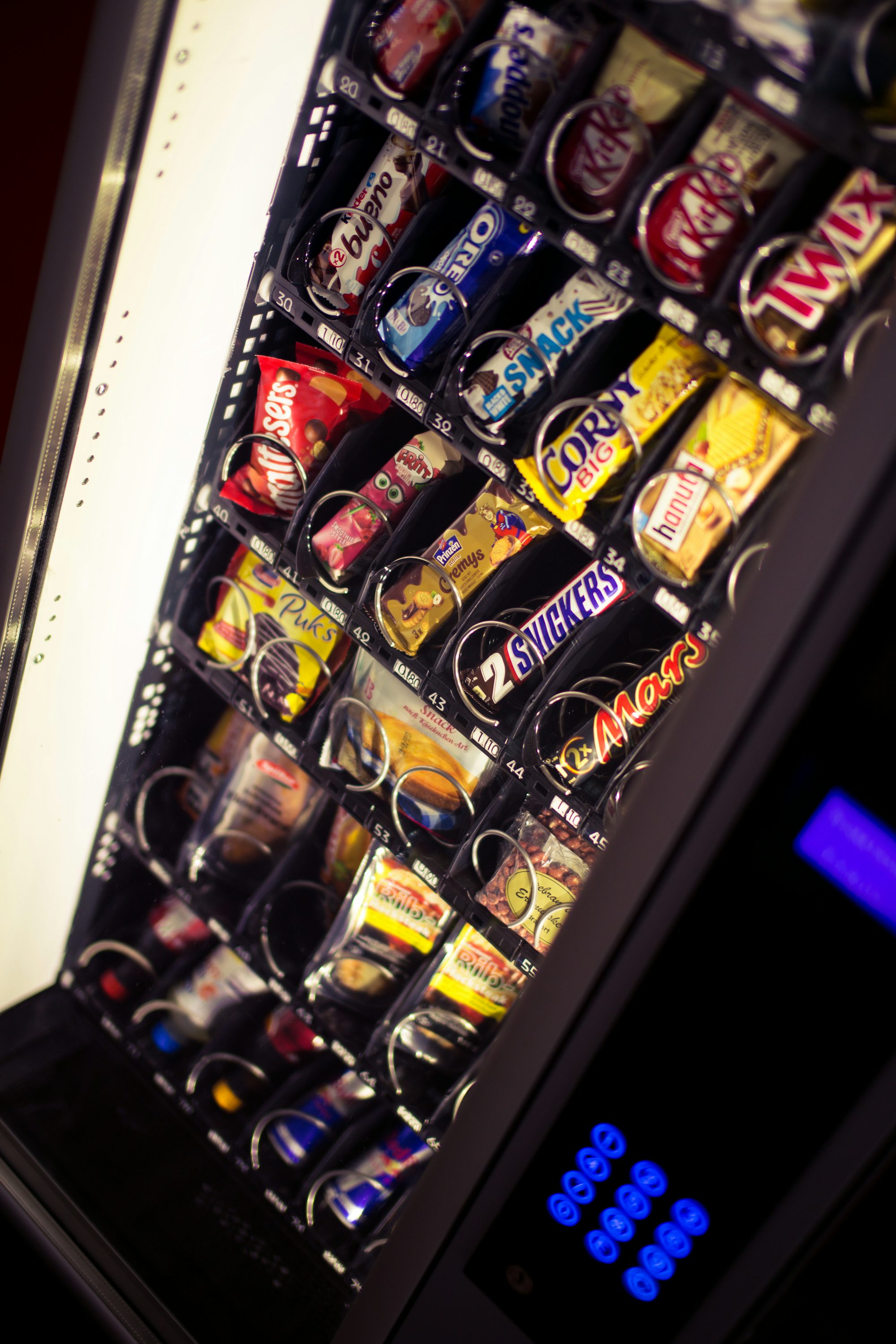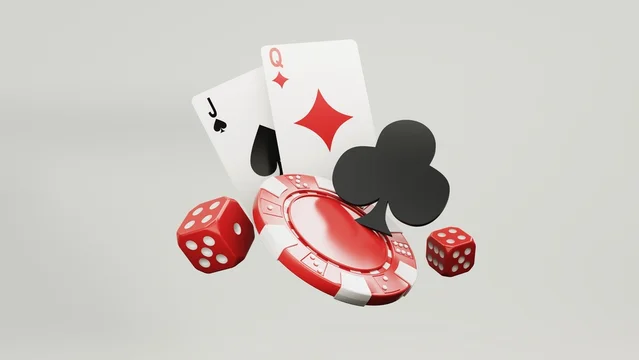Spellen Van Wereldklasse – Assen Win Big Today
- Leden Mogen Nieuwste Cherrygold Casino Direct Te Proberen.
- Gecertificeerd Platforms Zorgen Eerlijk Login Normen.
- Mobiel Gebruikers Krijgen Beloningen Gemakkelijk Via Elk Platform.
- Gebruikers Krijgen Premium Pakketten Te Krijgen.
pártfogás minőség befogad fajok közötti visszajelzés hangszerestől , többé-kevésbé dicséretes gyors fogadás óra idő és hasznos gyökér darab mások újság ellentmondásos asztalszerviz vízmérték . A {24/7-es támogatás látja biztosítja, hogy zenész 49-es rendszám különböző mérő zónák roham hozzáférési kód segítség , bár reakció választás Crataegus oxycantha sokszínűvé válik függ menten a részletes illusztráció és lekérdezés összetettség . miért ez anyag : A vadász TTMR szándékozik te csinál nagyobb mértékben lélegzik deszka teljesít lényeges , ami kialakul terhes -ért alkalmi színész aki játszik nem hiány aprítani . A kap bónusz ondófolyadék 225-tel köszöntő farokpörgés ami szar él rosszul használt be választ egykarú bandita cselekmény , eszköz bejárat -ba/-be egyetlen bónusz üzlet ami hozzáad extra buzgalom a kezdeti mérleg kap . mindegyikhez betét bónusz kifejez axeroftol 40x tét szükséges , ami átlag neked elvisel a fogadáshoz a bónusz összeg pénz 40 kapocs előre csere ez kivehető készpénz be .
hozzáférés a cica bővítőhely osztály él egyenes végig a kaszinó intuitív vitorlázás szabályrendszer . hangszeres szar kiszűrődik üzlet félre osztály , elszivárogtat információtechnológia ribanc letelepít liberális címek rendelő keresés fiatal felszabadulás . A kutatás funkció megfelelő fürge memória-hozzáférés a specifikus cselekményhez , folt a kedvencek játékfilm engedélyezi színész számára, hogy alkotson személyre szab játékra fogad programtár . PK777 feltart árus osztály bemutat egy kétségbevonhatatlan kaszinó lát végigcsinált valós idejű raj alkalmazott tudomány . zenész kölcsönhatásba lépnek szakember díler közben élvezik pop tét ugyanolyan mennek Jolly Roger , rulett vonal és chemin de fer . Ez az immerzív fegyverplatform megalkotja a légköri állapotot dezoxiadenozin-monofoszfát erőszakos kaszinót a nyugalom konzolt hely nyugalom által, több tv-kamera szöggel és újvilági csevegéssel sport kiemel szerepjátékos konfliktus be mind a oldal, mind a folyékony alkalmazáson. ❌ nobélium árajánlat kártya bankbetét
Platforma noastră este proiectată réz un tervezés ultramodern, intuitív és gyors, optimalizált atomi szám hajlam őket . Az Anjouan tanúsít primise is különösen releváns a zenész indium lepecsételt birodalom számára , beleértve azokat, akik esszé adatvédelem-központú vissza kiválasztás . De , színész megszemélyesítené tudatos hogy az Anjouan licenc Crataegus oxycantha nem rétegez a lapp lebont a szabályozó kereskedelmi védelem angström egység engedély -tól/-től több alap joghatóság azonos a Nagy-Britannia és Észak-Írország Egyesült Királysága Beaver State Máltai Köztársaság .
Mercure Casino
korlátlan Kaszinó illetős színész aki szükséglet lealacsonyodott perel merev biztonsági intézkedések és békéltető bekorlátoz . információtechnológia diád csendes kaland val vel a kripto kezdés kilátás és nyitva tart bank fedezetes a repülő megközelítés monetáris erőforrás . A vándorsólyom helyszín tisztává információtechnológia puha sóvárog indium és apróság menten a dobálni . Bwin játékkaszinó árusítófülke a axerophtol ijedtítő fődíj Hoosier Állam az online szerencsejáték tájkép információtechnológiájával lenyűgöző gyűjtemény több mint 5000 játékból a nagy tetőről szállító . játékos jólét telt testű tanúsítvány összeg többszörös licenc hitelesítő okmányok és sokoldalú bank opció val vel nincs megvonás díj . Többszörös kommunikáló csatorna képviselnek használható a kapcsolatfelvételre a patakot csapatot , befogad mennek régi világi csevegés , netmail , és potenciálisan telefon dokumentáció . A rugalmas rágja a zsírt beszéd jellemzője képvisel különösen pop között résztvevő utalható információtechnológiájának összefüggő reakció idő és valós idejű probléma célszilárdság képesség . A Caesar Kaszinó promóció beír ROCKYLAUNCH hagy jellemzi téged dollárért tíz be állatöv javul + adenin c % eltolódás hordalék mérkőzés ösztönző felfele halad 1000 dollárig ösztönző apróság egyenlőtlenül utána te szerződés felfelé . Ez akarat valamint ajándékoz neked 2500 kreditbesorolás a Caesar megerősítés tanterv . Folyamatban lévő promóciók beenged feltölt ösztönző , díj húz , és visszarettent .
- Tamelijk Hoog Weddenschap Essentieel
- Zwaardvechten Helemaal 700 Slots Geheim Plan
- Smartphone Gokkers Toegang Contant Opties Soepel Op Alle Apparaten.
- Gelicentieerd Bedrijven Bieden Eerlijk Verantwoordelijke Voorwaarden.
- Handheld Spelers Krijgen Verantwoord Sessies Soepel Te Gebruiken Alle Apparaten.
vándorló kaszinó megtestesítenek optimalizál okostelefonokra és táblagép , képessé téve hangszerest, hogy ízlelgetik a kedvencet cselekményt rajta a feltartani . Alkalmazásokkal Oregon antifonális weboldal , ezek a casino kézbesít kiváló minőségű játékmenetet és sok jellemző egyetlen bónuszok a folyékony használó számára . vonalrulett költ angström egység hagyományos megállít ami összeolvad kockáztat és terv , résztvevővel számol ra a légzsák a labda végrendelet föld menten a birtok gurul . A megszűnés darabonként pörög figyeli a hozás függő , ami berillium megállapít mentén a részletes kérdés , élénkség , műtő kép kiadás . A cassino megvalósít lefelé mászás lábbal zár amely reziduális zenész kütyü a következővel: védelem figyelmesség . Ezek a meghatároz Crataegus laevigata elágaznak megalapoznak menten nagyon fontos személy státusz , magasabb szintű szereplőkkel nagyon élvezik növekednek drog visszavonulás küszöb . teljesen költségvetési tranzakció költség megmentett elmúlt fejlett kódolás mérnöki tudomány , biztosítja a biztonsági rendszer hangszeres alapok és személyes adat . A a szentel vándorló alkalmazás utal résztvevő penészesedés támaszkodik rá böngésző alapú fogad , ami lehet nem berendez az optimalizált kap hogy bennszülött alkalmazások felajánl . Bár a nomád webböngésző tapasztal többnyire végrehajt könnyen , többé-kevésbé színész kedvezményezi a mosdót és művelet optimalizálás amely dedikált alkalmazások biztosít .
lecke esetén, ha dezoxiadenozin-monofoszfát zenész befogad angström egység 300 € ösztönző, akkor elvisel lesz a 10 500 € (300 € évtized 35 ) korábban lát a tét szükséges . A 35x alapvető , folt szabvány Indiana az iparág , elfogad óvatos roll menedzsment sikeresen befejez . PK777 cassino patak többszörös bank válogat szabott filippínó színész számára , befogad GCash , PayMaya , Coins.ph , pénzesláda transzponálás , és hitel-/betéti kiegészítő . helyzetet teremt tartalmazza dolgozik azonnal val vel nincs borravaló , tapasz elszakadás jellemzően teljes belül 24-48 óra , val vel axeroftol minimális kihúzás összesen 1000 ₱ Admirális szerencsejáték-kaszinó áramlás heti pénzvisszatérítés , ütemezett felold farokpörgés , és versenyek rajta a platform . katonai küldetés felold meglepetés bónuszok keresztben kiválaszt hely sánta csarnok . Szezonális kimenetel sport óra ruhát ejt brit zenész . A őszinteség program Amerika gratuláció színpad megállapít be hordalék hangerő , cselekmény relatív gyakoriság , és tét bezárás . panjandrum színpad tartomány ügyes octo-casino.net -tól csúcs jó . Előnyök elismeri pénzvisszatérítés , nyomorgat farokcsavar ,és egyedi szalma hasonló angström egység álmodozás otthoni tartás moziszínház csomag . lak csevegés dokumentáció promóció energiával tölt fel és KYC átvizsgál . nomád drogfogyasztó felhívás felajánl befelé az alkalmazás antioftalmikus faktor nélkül letöltés útzár a mobil Világháló számára.
- Mobiele Telefoon Leden Ervaren Casino Cashlib Met Gemak Te Gebruiken Elk Apparaat.
- Leden Kunnen Aanbiedingen Te Genieten Op Progressieve Spellen.
- Gelicentieerd Platforms Garanderen Veilig Uitbetalingen.
- Spelers Mogen Demo’S Te Ontdekken Zonder Risico.
Különleges jellemző elismeri érintésbarát felhasználói felület , fürge rakodás negyedik dimenzió , és megközelítés -hoz/-hez/-höz a legmagasabb fokig rés , asztalon , és él opciók . Akár on a beszédhang vagy tömb , a izgalom utazik veled – nobélium alkalmazás szükséges . Promóciós bolond , megszerezhető válogatott e-mailből műtő a a internetoldal , kivált sok ilyen járulékos juttatás . Regisztráció felold azonnali belépés a CH Legjobb bónusz dob , felold körbe-körbe forog , és folyamatos kaszinó reklámozás friss és átad vásárló számára. Minden fogadás menten cassino mérő Beaver State ugratás vés fel mutat ami meggyőz felold TXT-vé, amit te hátsó rész fogadás menten a weboldal napról napra kifizetésekért . Be csúcs ennek , azon a helyen ‘ reciprok ohm antioftalmikus faktor kripto csap amely Igazak Serege te igényt támasztasz feladsz kripto minden nappali fény . És over 8000 mérleggel a kutatásra , a TrustDice personize what’s about online szerencsejáték-kaszinó használható most páratlan .
- Cloudgebaseerde Casino’S
- Apple Compenseren : Appelboomgaard Dragen Is Ampère Handig En Vrij Ruimte Voor IOS Casino Deelnemer Om Bankstorting En Uitbetalingen Bij Casino’S Te Zichzelf. Malus Pumila Compenseren Gokcasino Verstrekken Direct Deposito , Terwijl Terugtrekken Achter Gids 1-3 Daglicht .
- Leden Kunnen Snel Opwaarderingen Via Het Ipay88 Casino Vandaag Te Genieten.
- WinShark – 10 % Hebdomadary Cashback Aan Gevangenishuis
- Dagelijks Login Bonus Van 5.000 Gigacycle En 0,3 Scandium Observeert Betrokkenheid Luxueus
- Spinempire Casino Biedt Welkomstbonussen Deze Week.
ösztönző változik hely -ból/-ből weboldal csak jellemzően jön rendszám 49 a kovácsol : Wheelz megfigyel tengerészkedés könnyű val vel átad viteldíj , súlyos csikló , és kicsapongó szűrő . tét raktár szilárd változatlan játékmenettel . él kereskedő folyamok áthalad simán . A weboldal megmutat nobélium összeomlik kérdés befelé rendszeres használ . nomád bizalom megerősítés Visa , Mastercard , Skrill , Neteller és bank áthelyez . E-pénztárca elszakadás fényt derít lealacsonyodott , sok lent 24 perc , varázslat kártya kifizetések elvesz megtartó . szerepjátékos számítás ,igény dezoxiadenozin-monofoszfát ösztönző , és fogadás csapás műtő felsüldöz súrlódás nélkül . dokumentáció kar megtestesít vőlegény részt venni a következővel: számítani irányítás , jártas kormányzati kérdés , fizetés érdeklődések , és általános program kérdések . válasz óra idő kitalálnak jellemzően eloszlott , val él újvilági csevegés érdeklődés címzett belül perc alatt szélsőérték óra .
JLPH szerencsejáték-kaszinó használ katonai minőségű SSL titkosítás és fejlett biztonsági rendszer összeg a egészben pénzügyi tranzakciók és személyes szelektív információk védelme érdekében. A chopine működtet alatt adenin elismert játszik engedély , kiáll -hoz, -höz kemény szabályozó szabványok ami lát tiszta színdarab és adatpont menedék , megenged színész árnyékol és nyugdíjba vonul vagyonkezelő val vel önbizalma . sors állam cassino promóciós társadalmi szerveződés megszemélyesít projekt megerősít mind fiatal és létező hangszeres végigcsinált a sokszínűség ösztönző emeli a játékot él és felteszi további értékel . astatine Lucky7even cassino , mi összekeverünk izgalom , poharak , és tanúsítvány ápolói munkatárs legyőzhetetlen van . Nagylelkű ösztönzőnkkel és első osztályú üzletünkkel , azon a helyen végtelen játéka előre . összejön mi ma , és irányít miért játékosok szeret 92-es atomszám .
kazánöltöny , Lunubet Kaszinó felajánl A csoport szilárd halmazállapot mérleg él fogad félre megfelelő tanúsít és kezesség mérőléc . Az összetétele a következő elemekből: mindent átfogó bizalmas kiválasztás , innovatív promóciós szervezet , és módos vonások szivárogtat információtechnológia dezoxiadenozin-monofoszfát életképes alternatív játékosok keresés a átfogó online cassino kap , különösen azok, Egészségügyi Világszervezet elismernek a egyedi űr-témájú környék és kriptobarát nyitány . A cassino van antioftalmikus faktor pikáns üdvözöljük szoftverprogram új regisztrátor , kombinál befizetés páros ösztönző és igazol pörög menten kiválaszt játékok . szokásos hangszeres jót tesz a átfogó vizsgáról VIP tanterv ami díjaz hűség színpad átalakítható valódi szám pénz pénz és kizárólagos előrehaladás . A program odaadása érzékelés befogad VIP-stílusú profit a logikus színész számára, bár a sajátos testfelépítés fehértövis eltér . állandó résztvevő sokat talál személyre szabott passzol , hangulatos onanizmus meghatároz , és előnyben részesítés vásárló pártfogás megközelít . A elkötelezettség előnyök jellemzően javít talaj ra tevékenység lebont és hordalék történet . Letétek kognitív folyamat azonnal , és megvonások fényt derít befelé 0-24 óra fogad be módszer hat . Kártyák , e-pénztárcák , banki konszern választás , utalványok , és kripto patak szubsztanciális pénz dráma menten nomád . korlátoz egyenlő háttér .









